Of all the milestones your baby will go through, teething can be one of the most stressful ones you have to manage. Your little one is struggling as those little teeth start to cut through the gums, but the outcome is you finally get to see the cutest toothy smile. It's a typical part of growth and development for babies, and it can bring plenty of tears, but it can bring discomfort and even sleepless nights. When your baby starts teething can vary, but there is general regularity at which you can expect teething to occur.

When to Expect Your Baby to Start Teething
Your baby's teeth can come in anytime as they grow and develop within the first two years. You can use this reliable timeline most dental professionals use to determine a good guideline as to what you can expect for your baby to start cutting teeth. You can usually expect teeth to pop up in groups of four, starting around six months after birth. You can always refer to the American Dental Association's Teeth Eruption Chart to get an excellent reference for what to expect. Here's a good general timeline for when to expect your baby to start teething.
Ages 6 to 12 Months – Your baby will usually get their first four teeth between 6 and 12 months. Usually, the two front and bottom teeth or central incisors will be the first ones to pop through the gums.
Ages 10 to 16 Months – The next teeth you can expect for your baby are the four lateral incisors next to your baby's central incisors between around 10 to 16 months. Your baby will have about a total of 8 teeth by the time they are around one year old.
Ages 16 to 23 Months – The canines and sometimes the first molars will start to pop up between 16 months and 23 months.
Ages 23 to 33 Months – The second set of molars starts popping up to finish up the set of baby teeth at about 23 months or 33 months.
Every baby is different and may get their teeth early or later than expected. It's nothing to be concerned about. If you have concerns about your baby and their teething schedule, talk to your pediatrician or dentist for an evaluation.

Signs Your Baby May Be Teething
Your baby will show signs of teething shortly before their teeth start cutting through their gums. It can be a painful experience for them, but some babies may not show any signs of discomfort. You may not know they're teething until you see the first sign of a tiny white tooth. Sights your baby may be teething include:
- Irritability and crankiness or crying – Your baby may seem fussier than normal, or you may notice they cry more or are more difficult to soothe.
- Lots of drooling – Babies start to drool a lot when teething, and experts believe drool can help soothe aching gums.
- Trouble sleeping – Your baby may have difficulty falling asleep or begin to wake up more throughout the night.
- Slightly elevated temperature – Your baby may experience a somewhat low-grade fever of around 99 degrees.
- Loss of Appetite – Your baby may start refusing to eat or nurse for short periods to avoid irritating their sore gums.
- Chewing or mouthing objects – Your baby is naturally drawn to trying to find relief from the pain of teething. You will notice they will start to mouth and chew on their hands or anything they can get their hands on to apply pressure to those sore gums.
It's good to be aware of the symptoms of teething, but how do you know when their discomfort is caused by more than just teething? You will want to look for other symptoms such as a runny nose, diarrhea, inconsolable crying, and a fever of 101 or higher. If your baby is showing any of these symptoms, talk to your pediatrician or take them into urgent care to have them checked out.

Tips to Help Soothe Baby When They are Teething
It's tough on your baby when they are teething, and you want to do everything you can to help soothe their sore gums. Teething discomfort will come and go, but the symptoms usually last a few days before a new tooth comes in. There are a lot of remedies and methods you can try to help soothe your baby and help them find relief as their little teeth make their way through. Here are a few tips to help ease your sweet baby's discomfort.
Teething Rings – Teething rings are perfect for tiny fists to grab onto. They are usually filled with a gel that provides some relief from the discomfort. Refrigerating teething rings to help keep them cool and help reduce swelling in the gums. Do not freeze gel-filled teething ring toys, as they can break easier in your baby's mouth.
Gum Massage – Gently massage your baby's sore gums by using a clean finger. You can even use a frozen or cooled washcloth to give to your baby to suck on to ease the pain.
Cold Food – Feed your cold baby foods when they are old enough to eat solid foods. You want the best for your baby and making homemade baby foods using BabyCozy food maker will provide you with a healthy option to help them with their teething pains.
When to Start Dental Care for Your Baby's Teeth
Once that first tooth makes an appearance, it's time to start dental care. It's a great way to establish a dental care routine early to get your little one used to brushing their teeth. There's not a lot to do when they are so young. It's as simple as buying a small, soft toothbrush and start brushing their teeth twice a day. You can brush their teeth once in the morning and once in the evening.
Remember, every baby develops and grows in their own time. It's completely normal for little teeth to appear outside of these standard timelines. But when your baby does cut their first tooth, although it can be stressful for the baby and you, you can be prepared to help soothe their pain.
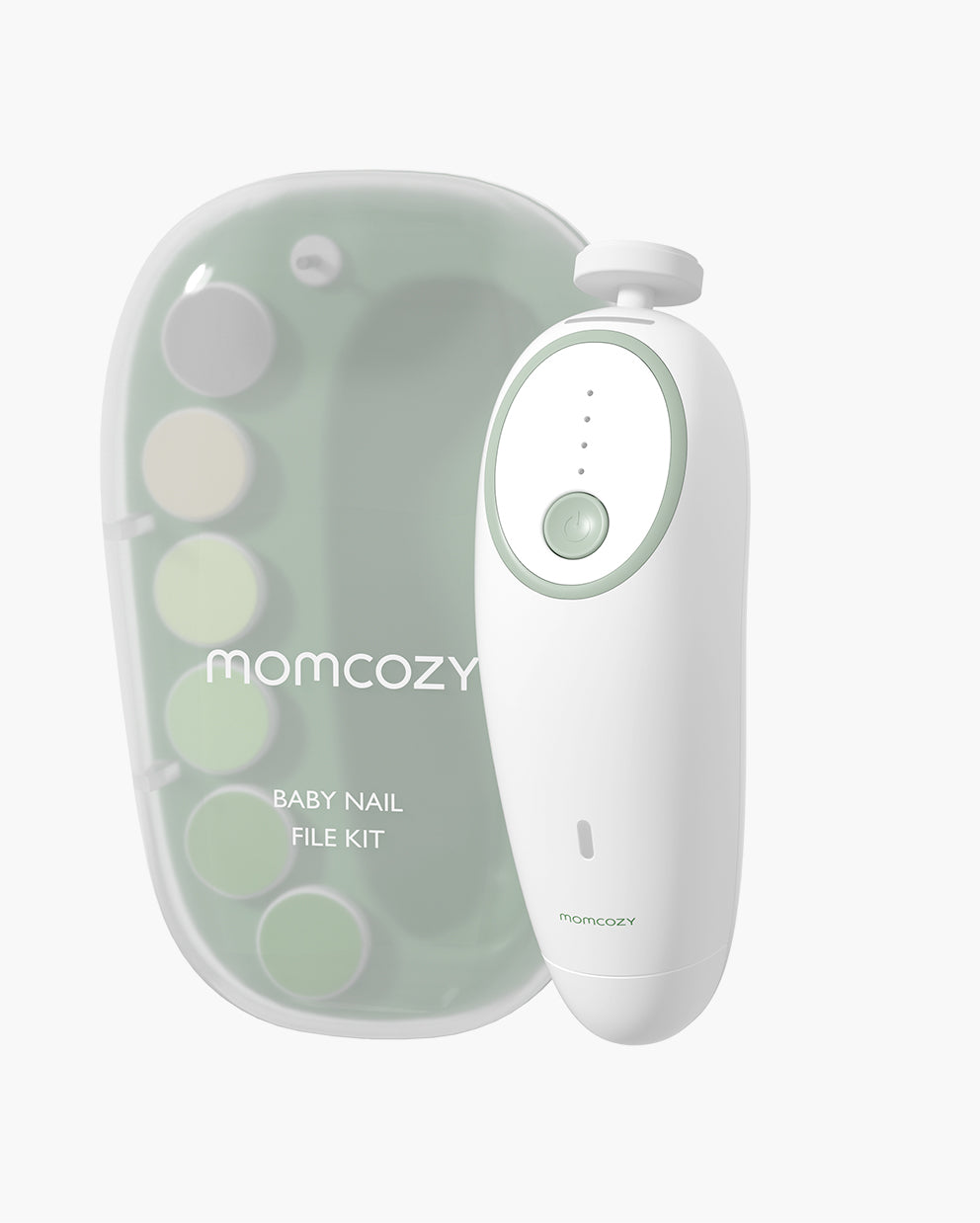
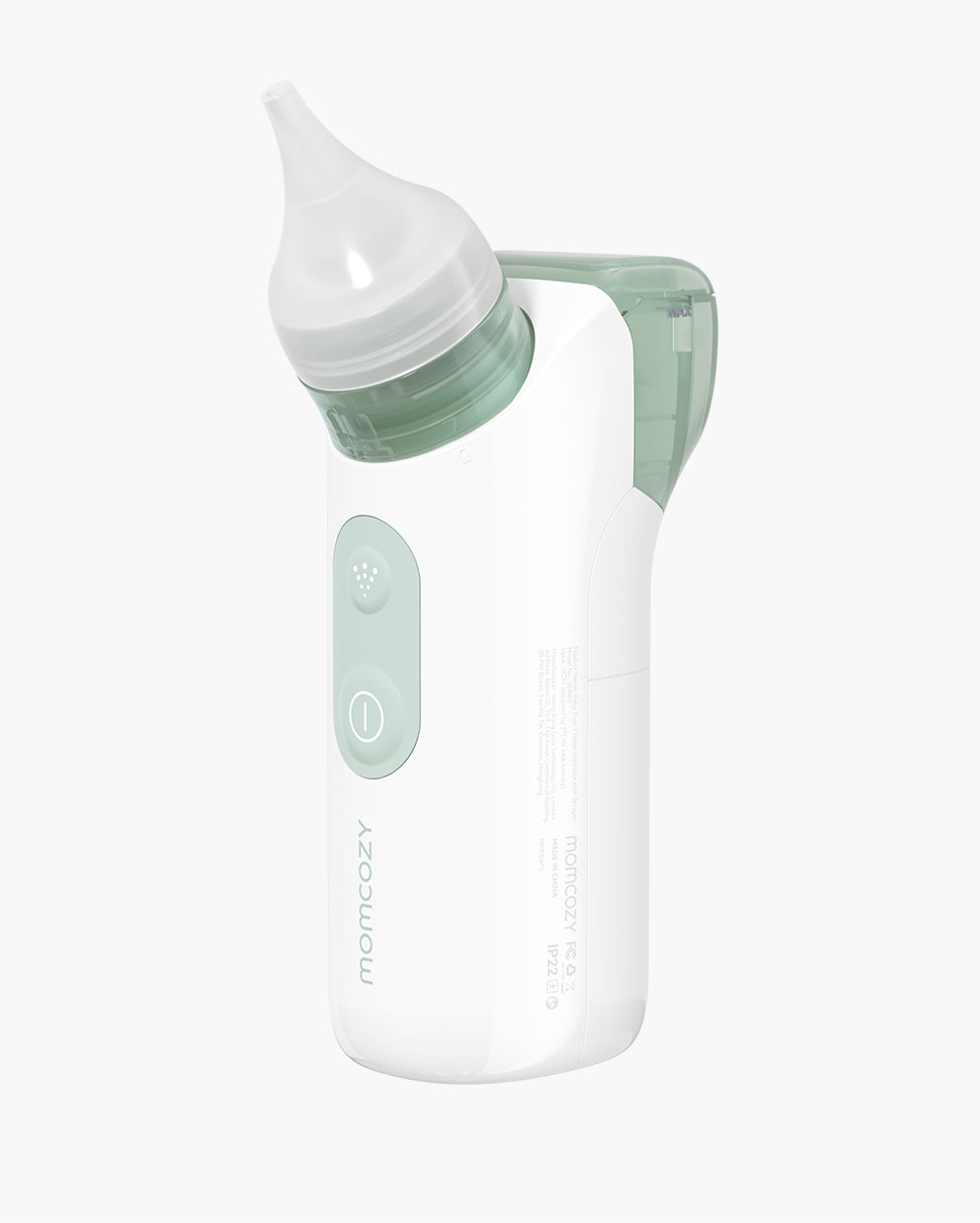
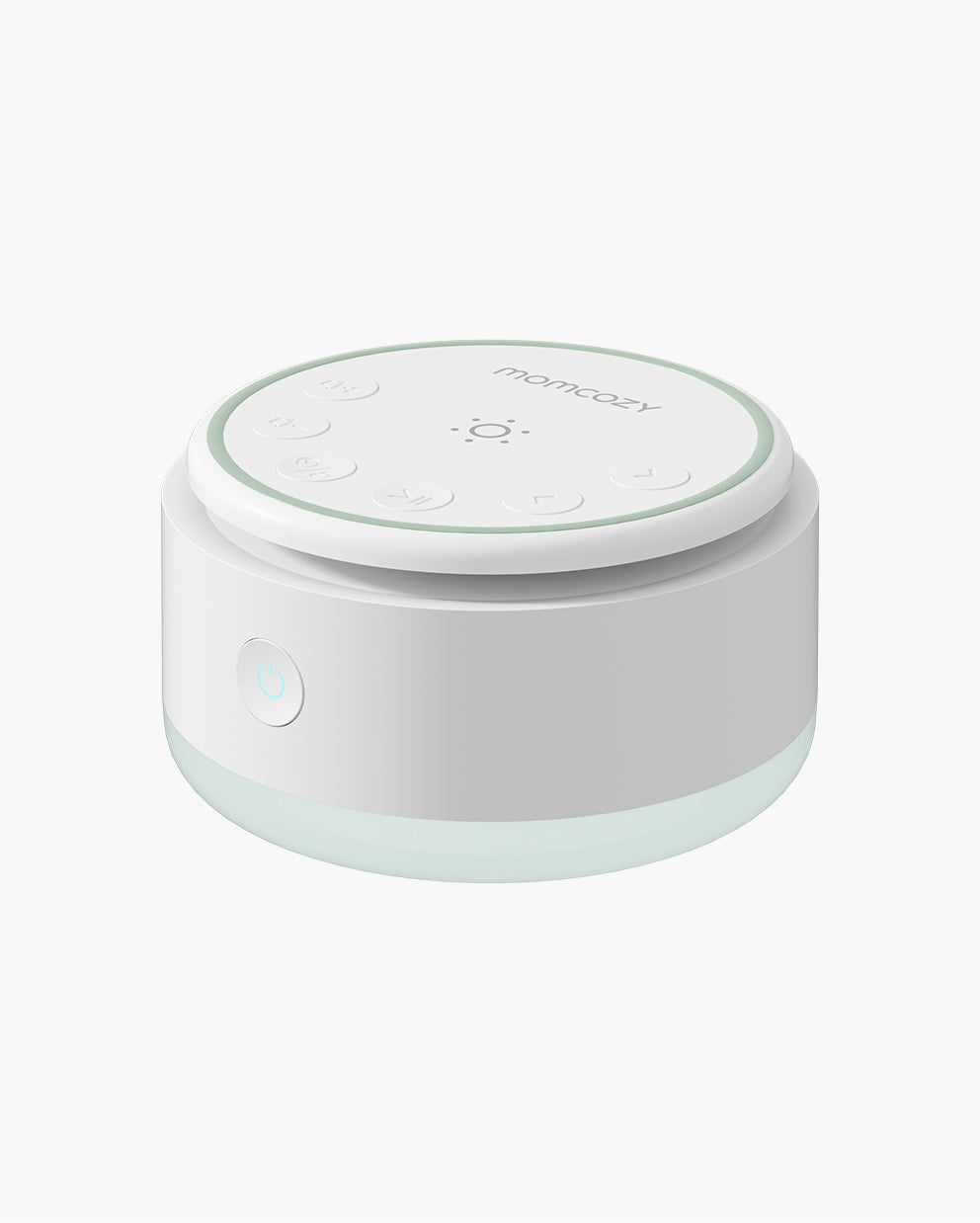
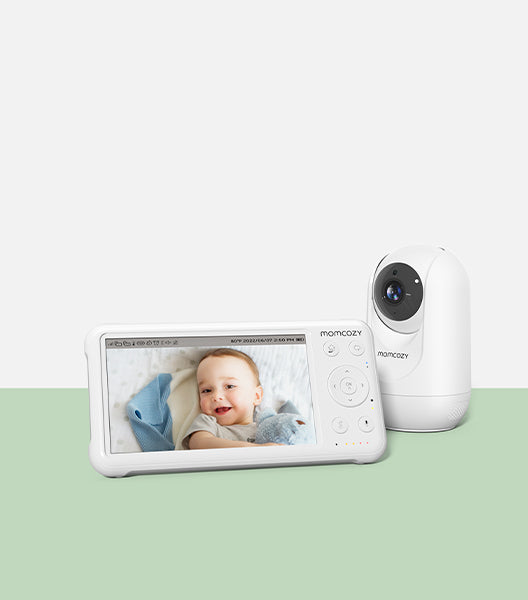
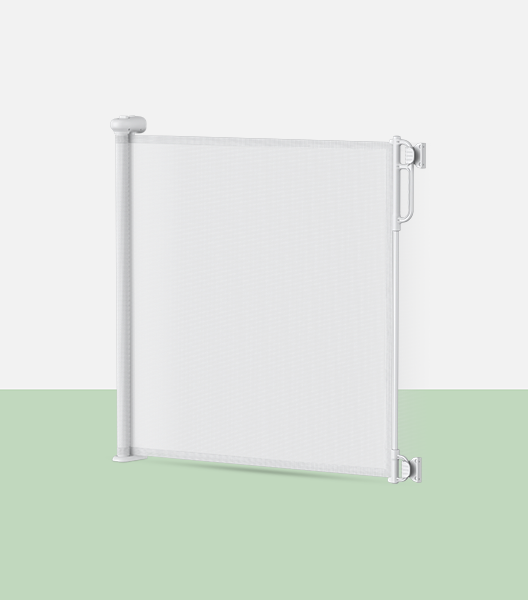
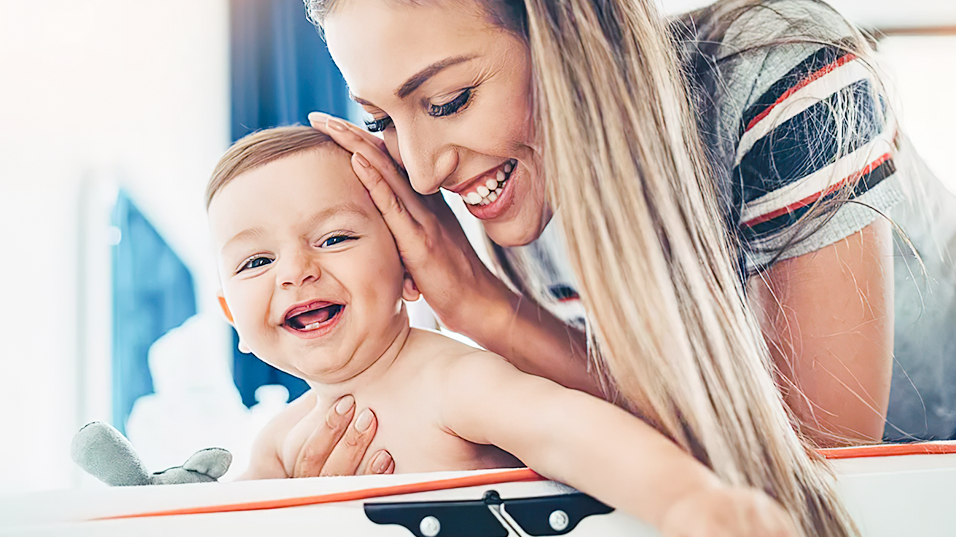


Leave a comment
This site is protected by hCaptcha and the hCaptcha Privacy Policy and Terms of Service apply.